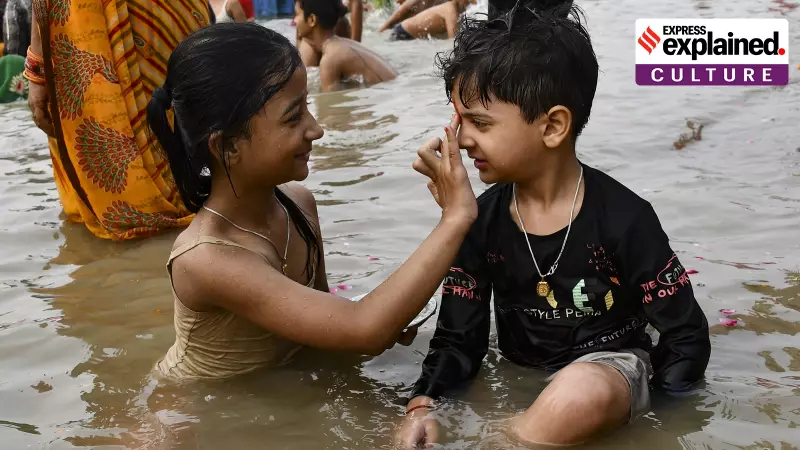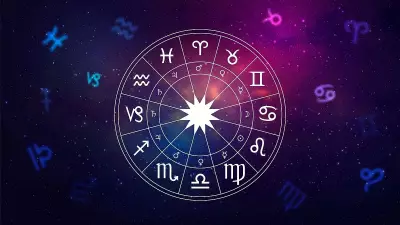
While both Bhai Dooj and Rakshabandhan celebrate the beautiful bond between brothers and sisters, these beloved Indian festivals have distinct traditions, timing, and cultural significance that set them apart. Understanding these differences reveals the rich tapestry of Indian cultural practices.
The Timing: When These Festivals Occur
Rakshabandhan typically falls in the month of Shravan (July-August) during the full moon day, marking the monsoon season. In contrast, Bhai Dooj arrives two days after Diwali, in the Kartik month (October-November), creating a perfect bookend to the festive season.
The Rituals: How They're Celebrated
The most visible difference lies in the rituals. During Rakshabandhan, sisters tie a sacred thread called a 'rakhi' around their brother's wrist, perform aarti, and apply tilak. The brother, in return, gives gifts and promises to protect his sister.
Bhai Dooj follows a different pattern. Here, the sister applies a tilak on her brother's forehead and performs aarti. The brother then gives gifts to his sister. The tilak ceremony is central to Bhai Dooj celebrations.
The Regional Names and Variations
Bhai Dooj is known by different names across India, reflecting regional diversity. In Nepal, it's called 'Bhai Tika,' while in West Bengal, it's 'Bhai Phonta.' These regional variations showcase how the same festival adapts to local customs while maintaining its core essence.
The Mythological Significance
Both festivals have deep-rooted mythological stories. Rakshabandhan is associated with Lord Krishna and Draupadi, where Krishna protected Draupadi after she tied a rakhi to him. Bhai Dooj, however, traces its origins to Lord Yama visiting his sister Yamuna, who welcomed him with a tilak and feast.
Modern Celebrations and Evolving Traditions
Today, both festivals have evolved beyond biological siblings to include cousins and close family friends. The essence remains the same: celebrating and strengthening the sibling bond. With families spread across the globe, virtual celebrations and online rakhi deliveries have become increasingly common.
Whether it's the rakhi-tying ceremony of Rakshabandhan or the tilak application of Bhai Dooj, both festivals beautifully capture the unique relationship between brothers and sisters in Indian culture, each with its own special place in the festive calendar.





